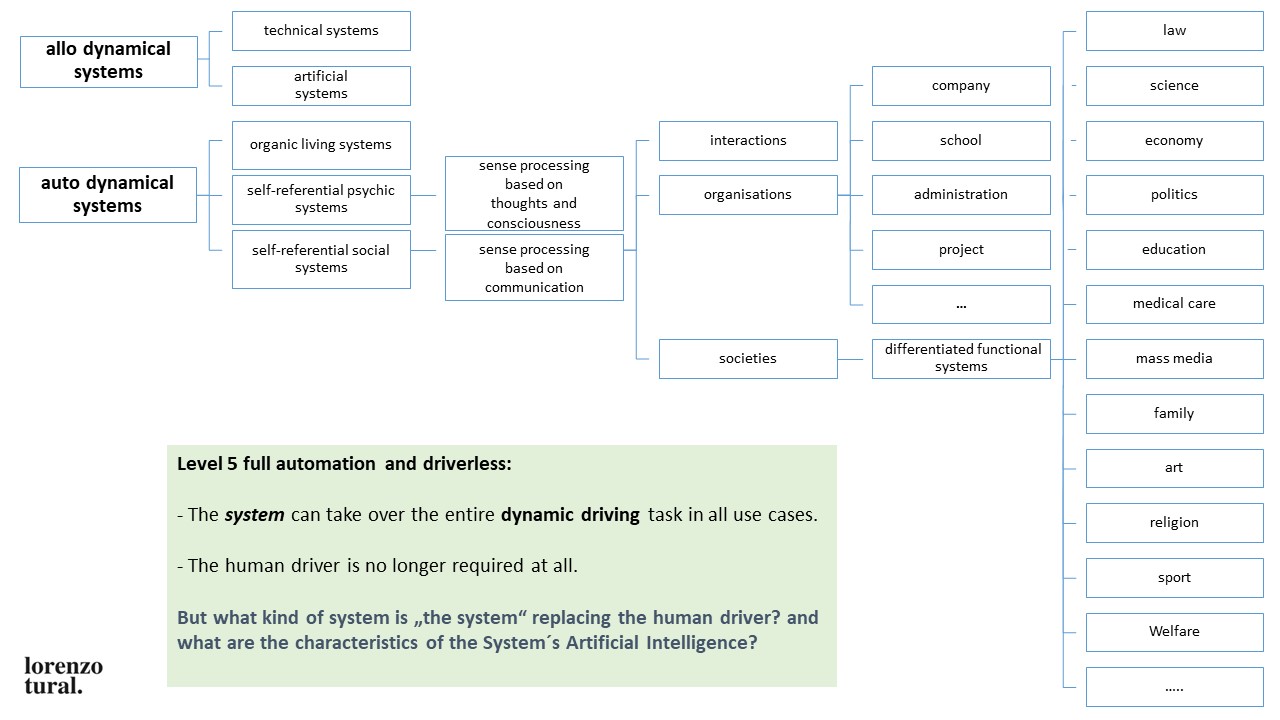
A mischievous child replaces the black balls
Complexity is a measure of indeterminacy or a lack of information (Unknowns!).
Ignorance is the amount of information that an individual's consciousness system, e.g. a manager or the social system, e.g. a project organization, is missing in order to fully grasp and describe the complexity of its environment or its own complexity. - Adapted from Niklas Luhmann
Consciousness systems (psychic systems) perceive complexity in the processing of meaning through thoughts and ideas, because relevant information is missing.
Social systems interaction organization society feel complexity in the processing of meaning through communication because relevant information is missing.
Complexity Mastering means that the organization through selective perception the relationship of knowledge | Ignorance of their environment reduced to a sustainable level: important | unimportant.
If the complexity (dynamics of the environment) of the environment grows to an extent that cannot be ignored, then your own complexity (own dynamics) must also grow.
The organization and its environment must be of similar complexity so that the organization can maintain its viability.
Technical and artificial systems feel no complexity.
Without looking for meaning, they operate exactly as people coded them.
Their dynamics are also coded or formal. An observer can find it complicated:

Here in the example of autonomous driving
what competencies do we need for mastering the complexity?
Key Competencies that we need in the pathemata mathemata decade
False narrative (or Bullshit) detection competence
Because complex problems might be analyzed from different perspectives and disciplines, they are an easy target for false narratives by charlatans or pseudo-scientists. So it is important that students are capable to detect false narratives and to expose them.
“Not teaching birds how to fly” competence
Students have to learn to avoid the typical academic practice of underestimating practical solutions and empirical experience from practitioners and not to believing that because they can describe a soccer ball mechanics they can qualify as the new “Messi”.
Skin in the game competence
Students should realize that in order to behave in an ethical way, when the solution of a complex problem is aimed at decision making, those defending the solution should never be isolated from the responsibility and the consequences of their analysis and the decisions made because of them.
Strategic competence
Students should be able to design and implement collaborative interventions and strategies to address real world problems. Enhance their ability to act under scenarios of incomplete information and inconclusive evidence is especially interesting.
Soviet-Harvard illusion or Naive Rationalism
Thinking that the reasons for things are, by default, accessible to you. Also called the Soviet-Harvard illusion
Naive Interventionism:
Intervention with disregard to iatrogenics. The preference, even obligation, to “do something” over doing nothing. While this instinct can be beneficial in emergency rooms or ancestral environments, it hurts in others in which there is an “expert problem".
more Terms to explain